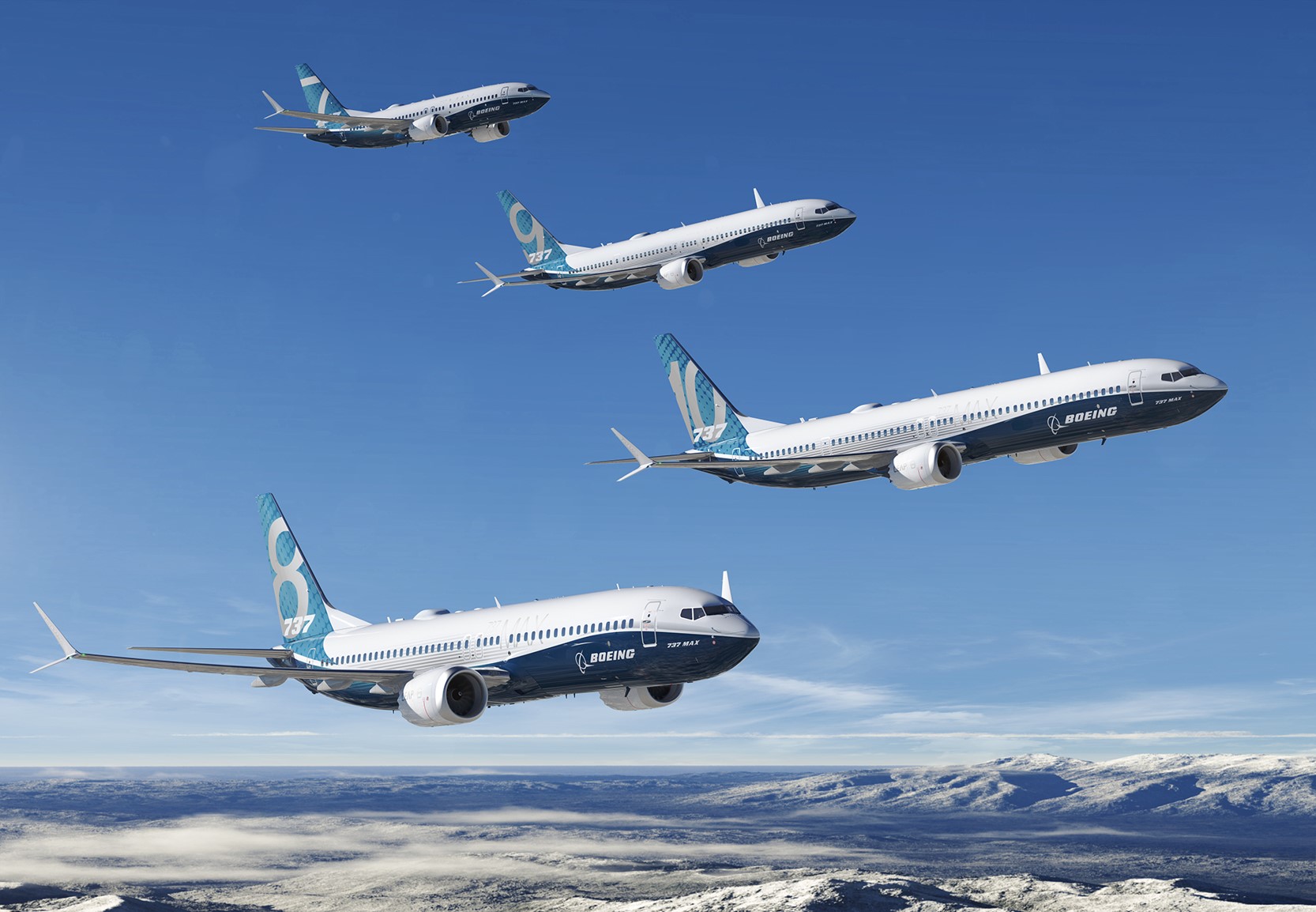Morningstar DBRS believes that the temporary grounding of certain Boeing 737 MAX 9 aircraft on January 6, 2024 by the US Federal Aviation Administration (FAA) will not have any meaningful credit impact on aircraft lessors. The directive followed an emergency landing by an Alaska Airline flight where the 737 MAX 9 door plug blew out shortly after takeoff. Immediate inspections followed the incident and subsequent grounding of the aircraft.
While this raises issues for Boeing's plans to increase its 737 MAX production after concerns surrounding the production and safety of the aircraft line had been established prior, DBRS believes the issue to be manageable with "easily correctable actions" that can return affected aircraft into service. The report states: "At this time, we do not foresee a prolonged grounding of the aircraft as the apparent issue is not thought to be design flaw related but a part or installation quality issue."
The report estimates that aircraft lessors own 83 MAX 9 aircraft, or approximately 38% of the in-service MAX 9 fleet. Of this
amount, 57 aircraft or approximately 68% were owned by Air Lease (28), BOC Aviation (16) and SMBC Aviation Capital (13). The report states: "We estimate the MAX 9s owned by these lessors do not exceed 5% of their overall net book values. As of January 23, 2024, no other aircraft lessor owned more than four MAX 9s and as such, their exposure to a possible prolonged grounding is negligible."
Furthermore, the report expects impacted operator airlines will still be obligated to continue lease payments, despite the grounding, and thus mitigating the impact further for lessors. In the event the grounding is prolonged, aircraft lessors may have to provide lease payment deferrals, which may potentially impact near term cash flows; however, write-downs are not expected at the time of the report's publication.

